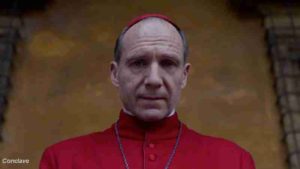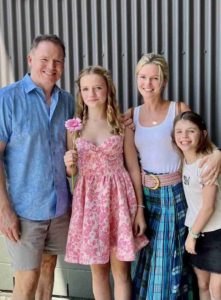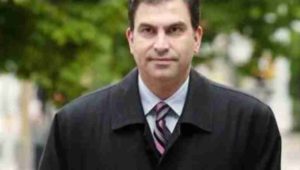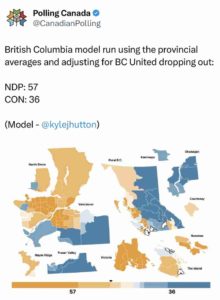
When BC United leader Kevin Falcon announced yesterday afternoon in a joint press conference with BC Conservative leader John Rustad that he would be resigning as leader of his party — while suspending BC United’s campaign for office in the upcoming British Columbia election, leaving John Rustad’s B.C. Conservative party to represent the alleged centre-right in a two-way race with David Eby’s British Columbia New Democratic Party, Kevin Falcon did so with a heavy heart.
Today on VanRamblings, we’ll provide you with the background that led to Kevin Falcon making his decision to step away from British Columbia electoral politics.

Make no mistake, there is no love loss between Kevin Falcon and John Rustad.
Kevin Falcon continues to believe — as he espoused to Global BC’s Keith Baldrey in a breakfast / walk around the Legislature grounds on Tuesday morning — that John Rustad represents an existential threat to the health and well-being of British Columbians, in particular to the interests of families raising children.
Interesting that Kevin Falcon — as VanRamblings has been writing all week — gave as rationale for his resignation, the interests of his two young daughters, and by extension all children across the province.
Focusing on the interests of children was the code Mr. Falcon employed to state that he remains adamantly opposed to the climate denialist, homo-and-transphobic, racist, misogynist, anti-vaxx, Christian dominionist-wannabe, Trump-like John Rustad-led BC Conservatives.

So, what led Kevin Falcon to make the very difficult decision to leave politics?
Sources tell us, two weeks ago representatives of the development industry in our province met with Mr. Falcon, demanding he resign as BC United party leader, and fold the B.C. United tent in favour of supporting John Rustad’s B.C. Conservative party, a “request” that was anathema to Kevin Falcon.
The development industry was not simply making a suggestion to Kevin Falcon, an idle request he might consider, but a demand, backed up by a threat …
“Either you resign as leader, and fold the B.C. United campaign for office, or we assure you that you will never work again in British Columbia, no one will hire you, you will be unemployable, and unable to provide for your family.”
Representatives of the development industry were not making an idle threat.

Kevin Falcon was given two weeks to make up his mind as to what course of action he would take. In coming to a decision, Mr.Falcon took the interests of his wife, and his two daughters, Josephine and Rose, as his priority and .. resigned.

Dimitri Pantazopoulos, currently employed as B.C. Conservative pollster, and co-campaign manager
Earlier this week, Kevin Falcon met with his longtime friend Dimitri Pantazopoulos, long Stephen Harper’s Conservative party pollster, B.C. Liberal and Vancouver Non-Partisan Association pollster, who is currently employed by the surging B.C. Conservatives as that party’s pollster, and de facto co-campaign manager. As you may recall, it was Mr. Pantazopoulos who in British Columbia’s 2013 provincial election identified the 50 B.C. ridings that the B.C. Liberals could win — this at a time when B.C. Liberal Premier Christy Clark was mired at 26% in the polls, with Adrian Dix soaring at 49% voter approval. Indeed, on May 14, 2013, Christy Clark did, in fact, win the 50 seats Mr. Pantazopoulos had identified.
When Dimitri Pantazopoulos met with Kevin Falcon, Mr. Pantazopoulos told him …
“Kevin, not only will B.C. United be decimated at the polls on the night of October 19th, none of B.C. United’s candidates will win in their ridings, and that includes you. At the moment, Kevin, you are running a distant second to Dallas Brodie, the B.C. Conservative candidate and longtime resident within your Vancouver-Quilchena riding, while you continue to maintain your family home across the inlet in North Vancouver. You’re going to lose, and lose badly, an embarrassing and regrettable loss to be sure, but a most assured loss, and a humiliating end to your once promising political career in British Columbia politics.”
And with that piece of devastating news, Kevin Falcon’s decision was made.

The ironic aspect to the present British Columbia political circumstance, where John Rustad stands on the precipice of victory at the polls on October 19th, is that Mr. Rustad doesn’t even want to be British Columbia’s next Premier.
At 61 years of age, having celebrated his birthday on August 18th, Mr. Rustad believes he’s had his day in the sun — as British Columbia’s once upon a time B.C Liberal government Minister of Aboriginal Relations and Reconciliation, and Minister of Forests, Lands and Natural Resources. Not for this man from the hinterlands, the cut and thrust of electoral politics. Mr. Rustad simply wants to rest.
When John Rustad was unceremoniously dropped from the B.C. Liberal caucus on his birthday in 2022, for his antediluvian stand on LGBTQ issues, his vehement opposition to the SOGI 123 (Sexual Orientation and Gender Identity) programme, his contention that climate change is a hoax, his support of the anti-vaxx movement, and his adherence to any number of QAnon conspiracy theories, including wireless 5G as a root cause of COVID, John Rustad was only too happy to leave what he considered to be a “too progressive” BC United party.

When, some months, later — on Friday, March 31st, 2023 — John Rustad became leader of the B.C. Conservative party, he expected that he’d been heading a conservative party better aligned with his alt-right values, and a provincial political party that in 2024 would likely secure only 1.92% of the vote, as the B.C. Conservatives had in the 2020 British Columbia provincial general election.
Colour John Rustad surprised and disappointed when that presumed outcome of his leadership of the B.C. Conservative party did not come to pass.
So, what does this hill ‘o beans all mean?
Well, there are a couple of issues to consider before we wrap today’s column.

According to an extensive polling of British Columbians from across the province that was conducted last evening, David Eby’s New Democratic Party finds itself in pretty good shape following Kevin Falcon’s resignation as B.C. United leader, with an expected win of 57 seats (a 10-seat majority) in the next (post election) session of the Legislature, to only 36 seats for John Rustad’s B.C. Conservatives.
Given how Kevin Falcon came to define his B.C. United party as a fiscally conservative, yet socially progressive, political party, the thinking among the political cogniscenti is that the remaining adherents of B.C. United just can’t stomach John Rustad’s alt-right B.C. Conservative party and have headed over to the political party, the B.C. New Democrats, that better align with their values.
Next up: you know how we were discussing the power of the development industry to influence the state of politics in British Columbia? Well, listen up, cuz we’ve got a story of wit and (who knows how much) wisdom to tell you.

Turns out that the development industry is pretty darn happy with David Eby’s “we’re gonna build 100,000 units of housing in our next term of government” development ethos. Through Geoff Meggs — former Vision Vancouver City Councillor, former Chief of Staff to Premier John Horgan, and since 2005 the left’s political liaison to the development industry, and at present a senior housing development advisor to Premier David Eby and Minister of Housing Ravi Kahlon — they’ve been only too happy to fund David Eby’s NDP re-election bid.
Who’da thunk, huh?
The development industry does not want John Rustad’s B.C. Conservatives to win — gain 40 seats, sure, but hell’s bells, not win — so that John Rustad, who doesn’t for gawd’s sake even want to be Premier, might be replaced within the next year by someone who would, sure, be conservative, but a more pragmatic and palatable to the general public conservative.
Hell, if the antediluvian John Rustad were to win, the development industry would lose billions of dollars in revenue from the David Eby ‘transit-oriented projects’ that would be sidelined were the B.C. Conservatives to win majority government on Saturday, October 19th.
With an easily manipulated Brad West, Elenore Sturko or that youngster, Gavin Dew, installed as the next B.C. Conservative party leader — following John Rustad’s ouster — should the development industry tire of David Eby come the next provincial election in 2028, they’d have their favourite ambitious, developer-friendly guy or gal in place to do their bidding.
Everybody wins, except us.

Today, we are 52 days away from knowing the outcome of the 2024 British Columbia provincial election, an election VanRamblings predicts will experience a record low turnout — as happened in the last Ontario election, when a paltry 43% of the population turned out to vote, by orders of magnitude the lowest ever turnout in any provincial election, ever.
What does David Eby’s New Democratic Party have in their favour that might contribute to victory come the evening of Saturday, October 19th? A ground game. There is no political party in Canada, and in B.C. in particular, that has a better, more sophisticated and vibrant Get Out the Vote (GOTV) mechanism.
VanRamblings has worked on dozens of federal and provincial NDP campaigns.
We can tell you that you don’t know the meaning of the word organized until you’ve worked on a B.C. New Democratic Party election campaign.
Not to mention, David Eby’s NDP are, by far, the best funded B.C. political party.

What do the B.C. Conservatives have in their favour?
We’ll get into that next week — when, unlike above, we promise to be kind.
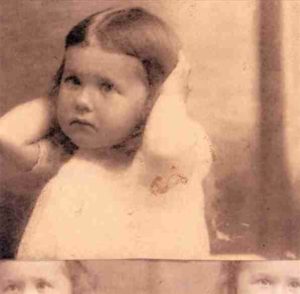
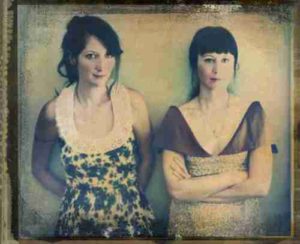
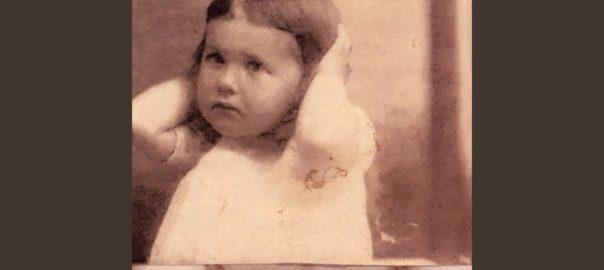
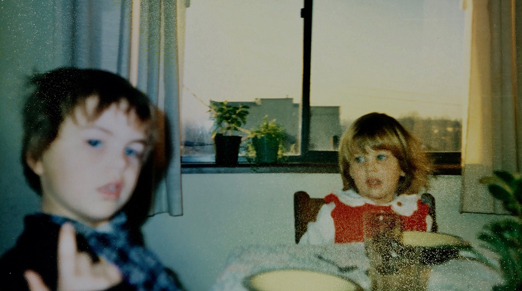

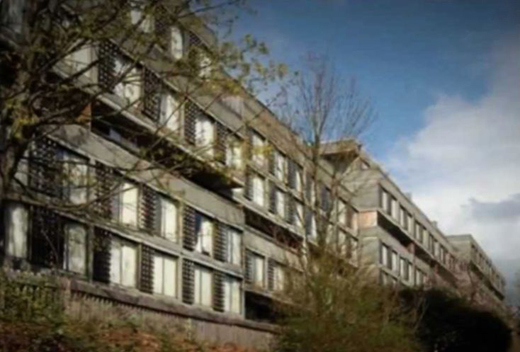
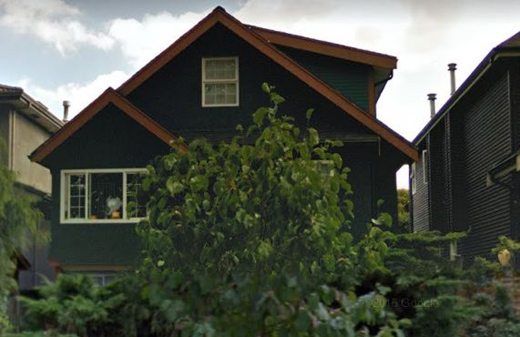




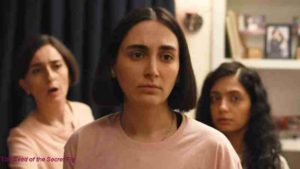 The Seed of the Sacred Fig
The Seed of the Sacred Fig